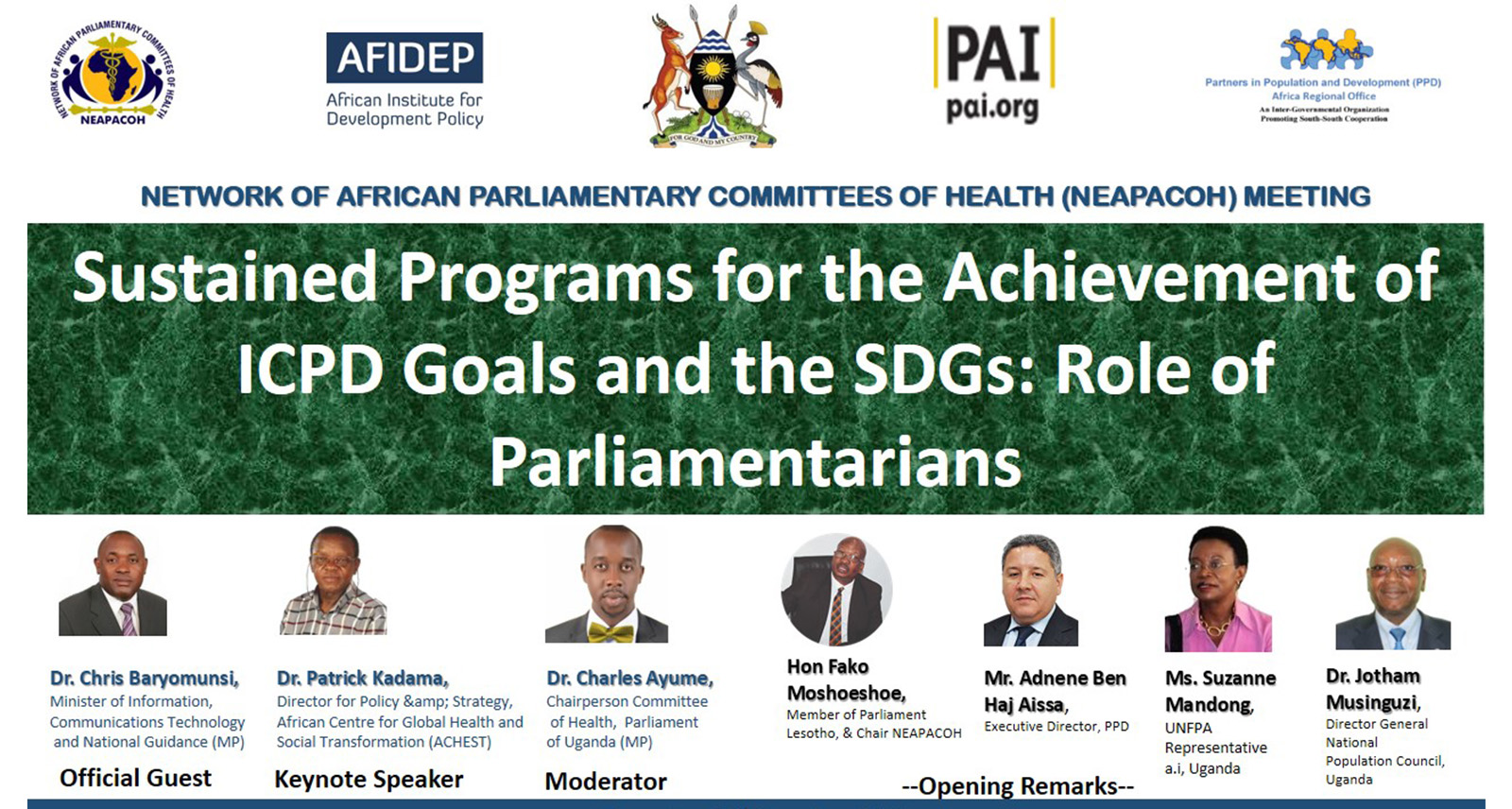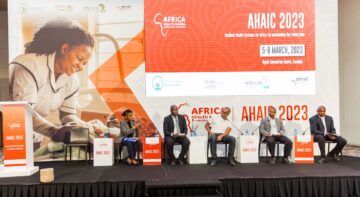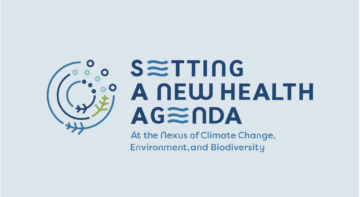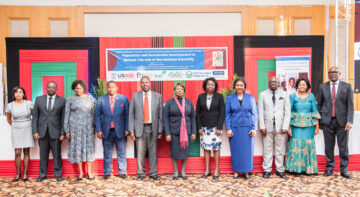News

Organised by the Partners in Population and Development – Africa Regional Office (PPD ARO), AFIDEP is among partners co-convening the 13th Network of African Parliamentary Committees of Health (NEAPACOH) meeting. The annual meeting takes place between 27 – 29 October 2021.
This year’s meeting is anchored around the role of parliamentarians in driving sustained programs for the achievement of International Conference on Population and Development (ICPD) goals and the Sustainable Development Goals (SDGs).
The objectives of the NEAPACOH meeting are to discuss and share progress and country experiences regarding implementation of the 2019 NEAPACOH country commitments and the “Kampala Call to Action” amidst the COVID 19 pandemic. The Kampala Call to Action was adopted in 2018 with core principles hinging on improved reproductive health and family planning for sustainable development.
The meeting will be preceded by a pre-NEAPACOH Conference on the subjects of TB and lung health, and sexual and reproductive health needs in sub-Saharan Africa. The pre-meeting takes place on 27 October, kicking off the three-day convening.
Participants will attend the NEAPACOH sessions virtually, apart from the Uganda Parliamentarians who will convene in Kampala on 28 and 29 to join fellow delegates from the rest of Africa attending virtually.
AFIDEP will participate at the NEAPACOH 2021 meeting by co-hosting various sessions, outlined below.
- Seminar on TB and Lung Health (27 October, 10.00 – 11.30 am, EAT)
The session will be jointly facilitated by the NEAPACOH secretariat and experts from the International Multidisciplinary Programme to Address Lung Health and TB in Africa (IMPALA), led by AFIDEP.
At the 2020 NEAPACOH annual meeting, IMPALA hosted a seminar that presented an opportunity for parliamentarians to engage with emerging evidence on TB/lung health and to explore actions they can take to champion efforts to address related issues in their countries. IMPALA has generated knowledge and implementable solutions to high-burden, under-funded and under-researched TB and lung health problems.
This year’s session is therefore a follow-up meeting with NEAPACOH members to explore ways in which IMPALA can support health committees to champion programmes to reduce the high burden of TB and lung health in their respective countries and regionally.
- Meeting Sexual and Reproductive Health Needs in Sub-Saharan Africa: A Focus on Preventing Unsafe Abortion (27 October, 11.30 – 1.00 pm, EAT)
Experts from the Guttmacher Institute in partnership with AFIDEP will provide an overview of the incidence, legality and safety of abortion in sub-Saharan Africa.
The discussion, will include an assessment of trends and implications for policies and programs aimed at reducing unsafe abortion based on a Guttmacher Institute report released in January 2021. A summary of the report’s findings will be presented by Dr. Susheela Singh, Vice President for Global Science and Policy Integration at the Guttmacher Institute. AFIDEP’s Executive Director, Dr. Eliya Zulu will moderate the session.
- Exploring the Potential of Emerging Health Technologies in Tackling Health Challenges in Africa during and post COVI 19 pandemic: The Role of Parliamentarians (28 October, 10:15 – 10:45 am, EAT)
Dr. Rose Oronje, Director of Public Policy and Knowledge Translation, and Head of AFIDEP’s Nairobi Office will deliver a keynote presentation based on AFIDEP’s Health Tech Platform (HTP) Project.
HTP is an African driven advocacy platform to facilitate informed, objective, inclusive and balanced discussions on the design, development and use of transformative technologies (such as genetically modified mosquitoes, drones and artificial intelligence) to address key health challenges in sub-Saharan Africa.
Related Posts





